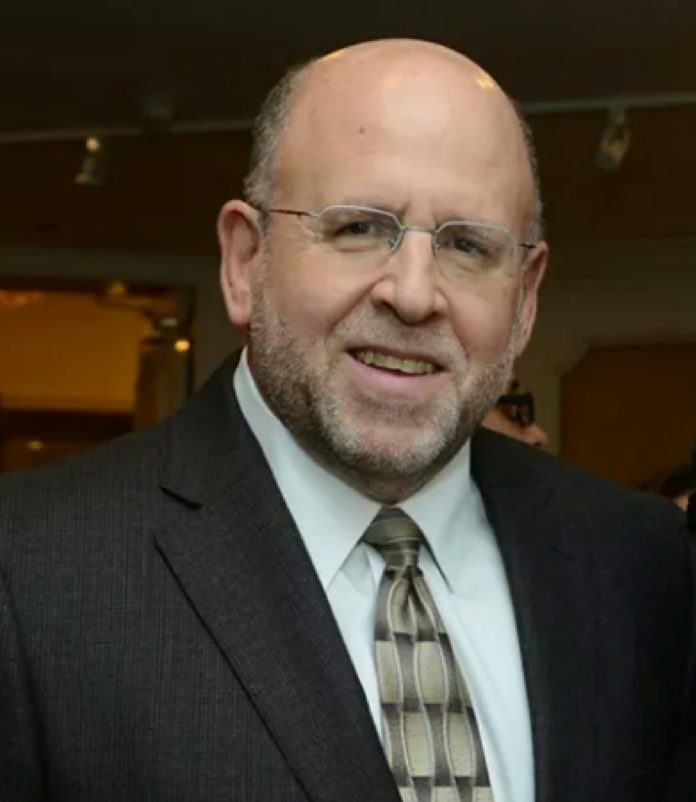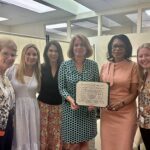
What does it take for a group with a strong ethical foundation to stray from its ethical convictions? This is a vital question for anyone affiliated with an organization that espouses human rights — and it’s also relevant to anyone of any age who feels reluctant to speak out in our increasingly divided culture.
The American Psychological Association, founded in 1892, offers a case in point by demonstrating how even the best of intentions can go awry in dire circumstances. It is a situation that all of us may face in our lives.
To set the stage, although there has been much debate in recent years as to whether “enhanced interrogation” constitutes torture, it has been determined to be so according to international standards set forth in the 1949 Geneva Conventions and the 1984 United Nations Convention Against Torture.
Nevertheless, in the aftermath of 9/11, the APA supported this practice in the interrogation of detainees held in Guantanamo Bay in Cuba, Abu Ghraib in Iraq and in a number of so-called “Black Sites” across the globe, including Lithuania, Thailand, Romania, Afghanistan and Poland.
How did the APA, whose mission is to apply psychological knowledge to benefit society and improve people’s lives, come to support torture? One possibility, according to psychologist Dr. Nina Thomas, who has served on an APA ethics panel, was for APA members to take the position: “We didn’t know about it.”
Thomas wrote about this matter in an article entitled, “We didn’t know: Silence and silencing in organizations,” which was published in the International Journal of Group Psychotherapy in 2016.
Thomas says that a full understanding of context is critical to unraveling how the APA became involved in enhanced interrogation. She notes that soon after the 2001 attack on America, “national security was uppermost in the minds of government officials and private corporations and organizations.” No one living in the vicinity of the attacks at that time would doubt that there was growing fear and insecurity. Any sense of American invincibility was replaced by paranoia.
Living on Long Island, just about 25 miles from the World Trade Center, I was hesitant to travel by way of bridges or tunnels for a time. Was I being cautious, irrational or paranoid? Whichever it was, there was a visceral sense of something profoundly different. It was my sense that most people, especially in the areas directly affected by the attacks experienced this feeling.
Historically, according to Thomas, psychologists assisted the U.S. military in “analyzing propaganda and countering its effects as well as boosting morale during protracted war.” They also provided research on “learned helplessness” that was used to prepare captured American soldiers to resist interrogation during times of war.
This history of collaboration contributed to a growing relationship between the APA and the U.S. Department of Defense and the Central Intelligence Agency. At a time when there was a pervasive sense of acute fear, the APA was positioned to be a vital asset in helping to extract information from detainees that might protect American lives from further attacks. And perhaps by any means possible.
Thomas says some of the APA members who directly or tacitly supported the role of psychologists in the interrogations later reported taking issue with the international standards and their definition of torture.
Consequently, in a context of immense fear and hyper-vigilance, interrogation practices that overrode the APA’s ethical standards were excused or perhaps ignored by conveniently distorting the conventional standards used to define torture.
Potential dissenters — essentially bystanders — were then faced with the challenge of being silent (“We didn’t know about it”) or speaking out and being ostracized and marginalized. Apparently a good number chose the option of “going along to get along.”
In any group that strays from its ethical standards, according to Thomas, “when personal interests hold sway over ethical concerns, the group runs the risk of self-destructing,” particularly when an impression of “we were just following orders” prevails.
Some APA members (and others) may have felt that psychologists’ role in the interrogations were justified as they were used in their entirety for what was perceived as the greater good.
Perhaps the lesson for members of all organized groups, as articulated by Dr. Thomas is, “when self-interest trumps ethics, no one is served.”
This story offers a good lesson for children (and for all of us) growing up in an increasingly divided America. The bottom line: Citizenship involves being active participants in community affairs, even when it may place you at odds with your friends, neighbors, colleagues or others. It is vital that we teach young people that dissent is a cornerstone of democracy. They need to know that their voices will make a real difference in changing the world where others have failed.
Andrew Malekoff is the executive director of North Shore Child & Family Guidance Center, which provides comprehensive mental health services for children from birth through 24 and their families. To find out more, visit www.northshorechildguidance.org.














